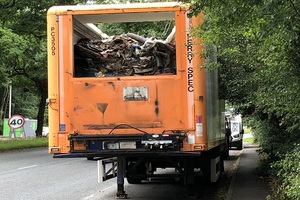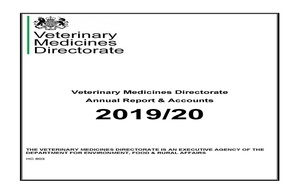UK statement to the WTO Trade Negotiations Committee
Thank you, Chair.
Chair, this Organization has been facing a number of difficult challenges for a number of years. The pandemic has hit us hard, as individuals, and as a group. The United Kingdom commends you and the Secretariat for the early steps you took to keep staff and delegates safe, and then to build platforms which have allowed our work to continue in an inclusive way, in virtual then in hybrid format. This has moved us a long way from the standstill we experienced in the spring.
The United Kingdom would like to reiterate the importance of forging ahead with ongoing work at the WTO, reinstating a fully functioning dispute resolution system, and aiming for ambitious outcomes in ongoing negotiations.
The fisheries subsidies negotiations, as well as the initiatives on e-commerce, domestic regulation on services, investment facilitation for development and MSMEs offer the WTO a dynamic, new and constructive framework for addressing the key trade issues of our time.
On fisheries subsidies, we welcome the draft consolidated text circulated by Ambassador Wills, the Chair of the Rules Negotiating Group, as an important step toward meeting our collective commitment to agree on disciplines to harmful fisheries subsidies this year.
The United Kingdom has long advocated for ambitious outcomes on e-commerce, and this remains a top priority for our industry stakeholders. The pandemic has shown how dependent the global economy is, and will continue to be, on digital trade. We are pleased, therefore, that the joint initiative on e-commerce has continued its work, in small groups and in plenary, to streamline text around specific issues. We commend the co-convenors and the facilitators for their efforts to maintain the pace of negotiations, and we urge all Members to work together to ensure as broad a participation as possible, so the outcomes benefit developed, developing and least-developed Members.
The United Kingdom is also committed to the success of the Joint Initiatives on Services Domestic Regulation and Investment Facilitation for Development. The goals of liberalising global services trade, and ensuring transparency and predictability for services suppliers and investors, have become all the more important in the context of the current crisis. We welcome the good progress made on outstanding issues in the domestic regulation reference paper in informal consultations and hybrid meetings, thanks to the dedicated efforts of members and of the Chair, and we are keen to continue working with others to reach a finalised text well before a rescheduled MC12. We are pleased to support language on non-discrimination between men and women, which will increase women’s ability to access the benefits of trade, and support a sustainable and equitable recovery from the current economic crisis.
Thank you, Chair.

